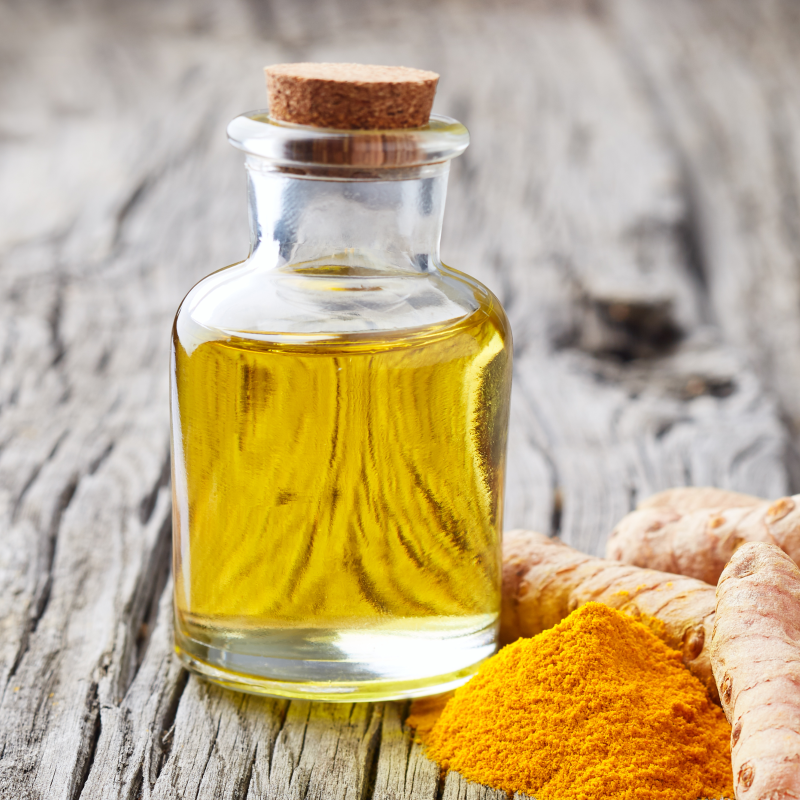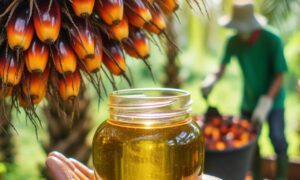Industry unhappy with edible oil price slide, but govt intervention in favour of consumers

In the past two months, the Centre has twice asked edible oil companies to reduce retail prices in line with the fall in global prices for edible oil commodities.
A persistent global fall in edible oil prices and the government’s push to pass on the benefit to consumers is making life difficult for edible oil companies after riding the high for over a year.
Prices of edible oil jumped 30-50 percent from January 2022 to April 2022 when the Ukraine conflict squeezed supplies. As markets stabilised, global prices began falling during the second half of last financial year, but the reduction was not reflected in domestic prices, the Centre has noted.
“The industry has been told to ensure that the price drop in the global market is passed on expeditiously to the end consumers and not in a delayed manner as is observed now,” a press statement by the food ministry issued on June 5 read.
On May 2, the Centre asked edible oil companies to cut the prices of cooking oils in line with the fall in global prices for the benefit of consumers. On June 2, it again directed edible oil associations to further reduce the maximum retail price (MRP) of major edible oils by Rs 8-12 per litre with immediate effect, in line with the global market, but this has put the industry under stress.
“Prices have gone down drastically. Within this year, since January, there has been a fall of over 33 percent. December prices had hovered around Rs 180 for mustard oil, which is now down to Rs 120. It is the same for all edible oils,” Ashish Khandelwal, Managing Director, BL Agro, said, speaking with Moneycontrol.
As per Khandelwal, the industry is under stress, with over 70 percent of refineries remaining non-functional.
“As prices had continued to rise last year, the industry had imported seeds in large numbers at high prices. But there has been a fall in profits due to a fall in prices, which has created panic in the industry,” industry representative Ajai Jhunjunwala, Chairman of the Solvent Extraction Association of India (SEA), said.
The prices fell due to a bumper crop of edible oil seeds in India and abroad, as well as other geopolitical developments across the globe.
“The international markets are sluggish. The Ukraine-Russia conflict is another reason adding to it, as Ukraine, which earlier held stocks, is now unloading them, and all countries are following suit, which is creating a glut. Moreover, demand is low due to the economic slowdown,” Jhunjunwala added.
Several oil bodies have since written to the government to hike import duties, which may help arrest the price slide.
In a letter to Commerce Minister Piyush Goyal in the last week of March this year, the Soybean Oil Processors Association of India (SOPA) urged the Centre to consider raising the import duties on all oils by at least 20 percent.
In May, the Gujarat State Edible Oils and Oilseeds Association (GSEOOSA) wrote to Prime Minister Narendra Modi, underlining the significant drop in prices of edible oils and requesting the government to take measures such as raising import duty and introducing quantitative import restrictions to stop the plunge in prices of edible oils.
However, the government seems unlikely to hike import duties on edible oils.
Govt unlikely to hike import duties
“The decision to slash all import duties until March this year was taken to import oil at cheaper prices and thus bring down inflation. Import duties were re-established once the market stabilised. There is no discussion of hiking it further as it will create an adverse impact on Indian refineries,” a commerce ministry official told Moneycontrol.
The duty reliefs for edible oils were first introduced in July 2021 in the wake of a spike in domestic prices. In September 2022, these concessions were extended by six months until March 31, 2023, as per a statement by the Ministry of Consumer Affairs, Food, and Public Distribution.
In communications and meetings held by the government in the past two months, the Centre has asked edible oil companies to reduce their retail prices. The latest meeting was held on June 2.
In accordance with the same, on June 8, Mother Dairy reduced the maximum retail price (MRP) of edible oils sold under the Dhara brand by Rs 10 per litre.
“The maximum retail price of all variants of Dhara edible oils is being reduced by Rs 10 per litre on account of the continued decline in edible oil prices internationally and better availability of domestic crops such as mustard,” a company spokesperson said.
Several others are expected to follow suit.
Deepak Pareek, Chief Growth Officer, Suumaya Agro, which deals in bulk trading of agricultural commodities, including edible oils, says that through these measures, the government has been trying to bring down inflation.
“Everyone made a lot of money when prices went up. The industry should not complain when they are going down now,” he said.
While the industry may not agree on anything else, it does have a unified voice when it comes to the discussion of ground-level policy that needs to be implemented to make it independent of imports.
India imports almost 60 percent of its edible oil requirements. India’s vegetable oil imports have almost doubled in the past three years in terms of value, rising from $11.09 billion in 2020-21 to $20.84 billion in 2022-23, as per commerce ministry data.
“India needs farmers to grow oil seeds in vast quantities. While the recent MSP hike may help in a way, a long-term policy focus on lines of wheat and paddy is needed to encourage farmers to indulge in the diversification of crops. India needs to become independent of imports,” Pareek added.















